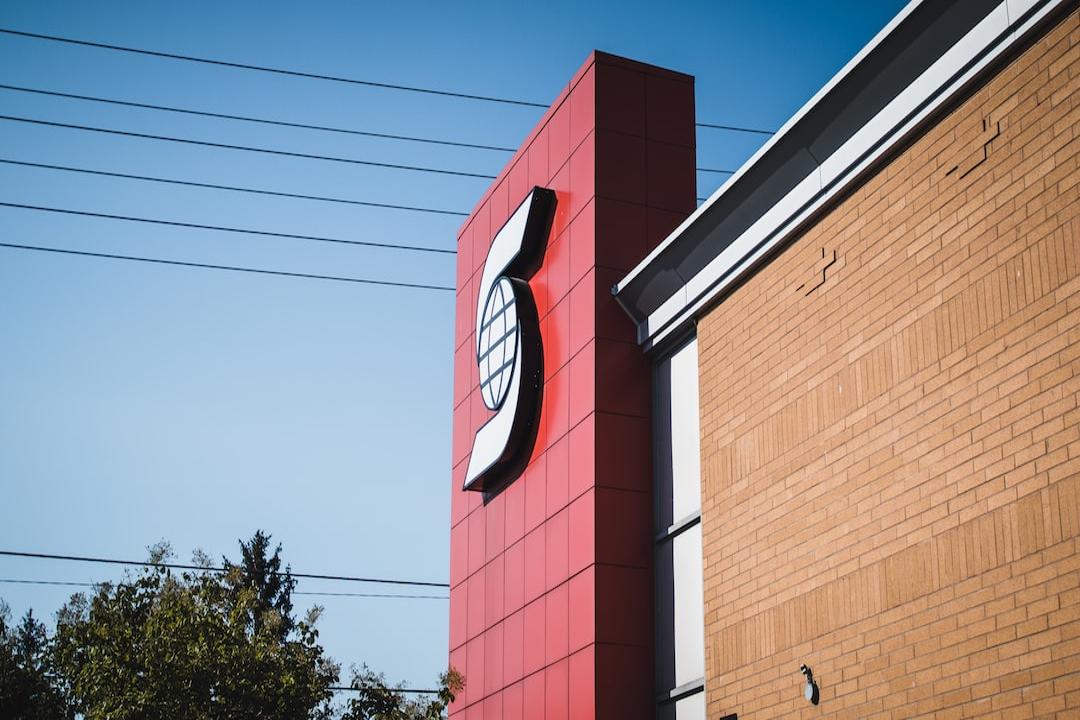According to reports, Denmark plans to regulate self-custody wallets and other “DeFi interfaces.” Denmark’s plans do not reflect MiCA guidelines and the approach to BTC self-custody wallets in the United States.
Bitcoin’s common self-custody wallets may face regulation in Denmark. In response to the recent DeFi guidance from the Danish Financial Supervisory Authority (FSA), Mikko Ohtamaa of Trading Protocol pointed out that “the regulator has gone too far in the latest DeFi guidance from the Danish Financial Services Authority: the guidance tries to capture everything in cryptocurrency regulation using the ‘interface’ argument, including your Bitcoin wallet.”
Ohtamaa added that the interface argument could affect everything, including Bitcoin wallet service providers. “You don’t need to think much to realize that everything is an interface: your computer, web browser, Bitcoin wallet, Uniswap website, and so on.”
Will Denmark’s plans affect Bitcoin? DFSA’s potential actions are based on the “perceived gap” in the regulation of the EU’s MiCA (Markets in Crypto-Assets), which will come into effect on December 30, 2024. MiCA’s provisions do not apply to decentralized finance.
Ohtamaa fiercely criticized DFSA and pointed out that if its proposal is adopted, providing BTC wallets in Denmark may be challenging. “This means that no one can provide Bitcoin wallets, DEX interfaces, or anything token-related to Danes anymore because they would need to be regulated in Denmark.”
Although Estonia has taken similar steps regarding self-custody wallets, it has recently been rejected in the United States as well. In March of this year, the claim against Coinbase wallets was withdrawn in a lawsuit by the US Securities and Exchange Commission, strengthening the victory of self-custody wallets in the United States.
“The US Securities and Exchange Commission (SEC) and Judge Failla approved Coinbase’s motion, dismissing the SEC’s allegations that Coinbase acted as a broker by offering non-custodial digital wallet software. This is a major setback. The SEC aimed to prevent builders from developing peer-to-peer software. It didn’t work.”
Furthermore, the recently passed US Crypto Infrastructure Act “FIT21 Act” chooses to study DeFi like MiCA instead of regulating it.
In other words, DFSA is currently calling for feedback from private actors. However, how DFSA will improve and adopt proposals for DeFi remains to be seen.
Ohtamaa believes that adopting DFSA’s proposals may have a negative impact on those in Denmark who provide self-custody Bitcoin wallet services through applications or web browsers.

